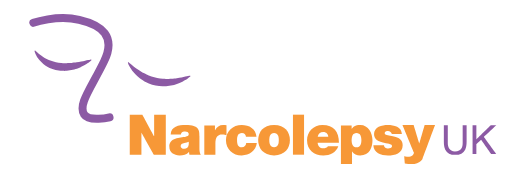16th June 2016
The judgment of the High Court in the judicial review about NHS England’s refusal to fund sodium oxybate for a child was handed down on 15th June. It is now in the public domain and here is a link to it for anyone interested. www.bailii.org/ew/cases/EWHC/Admin/2016/1395.html
The judge was very critical of NHS England and made a number of insightful comments about what he hopes will result from this case. In particular, Justice Collins said, “I have no doubt that anyone reading the circumstances of this case would be surprised that sodium oxybate is not available for children generally and for the claimant in particular”.
A press release is available here from Hodge Jones & Allen Solicitors who acted on behalf of the claimant in this case: www.hja.net/press-releases/17-year-old-woman-narcolepsy-refused-medication-funding-nhs-england-2/
Of great interest to our community will be the comments made in Paragraph 12 about the Individual Funding Request (IFR) policy and what is meant by exceptionality. We know that this is often determined by Clinical Commissioning Groups (CCGs) as uniqueness, resulting in our repeated refusal of the medication licensed specifically for our particular rare and chronic condition. We should take heart in the words of Mr Justice Collins, “In its ordinary meaning, exceptional can mean no more than a case which does not meet what is normal”. Likewise, NHS England did not claim cost as an issue in the non-provision of sodium oxybate in this case.
We should also express thanks to Dr Heather Elphick, the clinician involved in this case for repeatedly expressing her view to several IFR panels that the patient in this case was exceptional. Ultimately, we believe it should be the clinicians view that should influence any panel decision on the restrictive application of exceptionality and we are delighted that the patient was granted access to sodium oxybate, albeit for a 3 month trial period. See www.bmj.com/content/353/bmj.i2367?trendmd-shared=0 [1]
We are proud of our involvement in this case and others but we must not forget that we have still had no feedback on our input (and those of you who also contributed) to the NHS England Specialised Services Clinical Commissioning Policy for sodium oxybate for symptom control of narcolepsy with cataplexy (children) earlier this year.
Let us all remember that despite sodium oxybate being licensed for 10 years in the UK, we still have no NICE Guidelines, no Clinical Pathway, No Clinical Commissioning Policy for adults or children with Narcolepsy. As it stands, the proposed policy will expire when children reach 18 years of age, leaving them potentially untreated in the adult health system where they will currently find their treatment decided by the IFR process.
Narcolepsy UK have frequently offered to participate on IFR panels as a patient representative but have never been invited to participate. In this particular case, the minutes of the panel meeting showed that there was no attendance by any patient representative. We would encourage NHS England and other areas to allow our organisation to attend to represent the patient voice, as this may avoid delays in treatment and costly legal battles.
Narcolepsy UK have been petitioning for access to this medication for the last 2 years and we know that the support of signatories has been referred to this particular case. If you haven’t already, please sign and share our petition.
www.change.org/p/david-cameron-mp-stop-denying-access-to-medication-for-people-with-narcolepsy
[1] Unfortunately, this highly supportive British Medical Journal (BMJ) article is not open to all & despite approaching the BMJ for permission to reproduce, the best we could achieve from a starting figure of £1517 for 12 months pdf reproduction on the Narcolepsy UK website was £252 for a toll-free link to the online version. This to allow people with narcolepsy to read an article by two prominent NHS Consultants which actively supports our need to be able to access sodium-oxybate (Xyrem). As much as we would like to, we can’t justify that cost so you will need to follow the link where you may subscribe free (if you haven’t done so before) to the BMJ for a period of 14 days.
